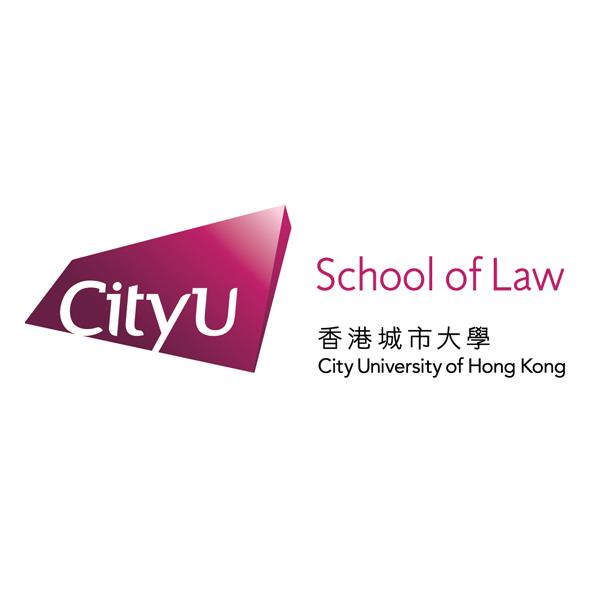Putting legal theory into practice
City University of Hong Kong’s master’s programmes in law offer graduates unparalleled opportunities to get hands-on experience and expand their networks
Share
Sponsored content: created in partnership with the City University of Hong Kong.
There has been a boom in interest in legal qualifications offered by City University of Hong Kong’s (CityUHK) School of Law. From an initial 200 students, more than 300 students are now enrolled in master’s programmes in Master of Laws (LLM) and Master of Laws in Arbitration and Dispute Resolution (LLMArbDR). The school aims to double its intake in the coming years, reflecting an increase in legal cases in mainland China as well as interest from international students in acquiring expertise in Chinese disputes.
For those who decide to pursue a qualification at CityUHK, there are multiple opportunities to get real-world experience, explains Christopher To, programme director of the LLMArbDR. “Our students say they can learn the theory via the internet. They’re keener to see hands-on how the theories work in practice,” he says. Students can apply for a range of internships at law firms, but there are also opportunities in regional arbitration centres and the Hong Kong International Arbitration Centre.
Real-life applications are included in teaching, he adds. “We usually have a lecture on international arbitration, during which I would give them a sanitised case in which they have to apply for an injunction, for example. We look at how they would draft the application, whether the tribunal would agree to it, and what they might have missed.” Many graduates go on to become experts in arbitration, mediation and dispute resolution, while others move into compliance in areas such as banking.
There are multiple opportunities to meet with experts who are working in the field. Every month, the School of Law holds a networking seminar where experienced mediators or in-house lawyers discuss how they manage deals and disputes. A recent visitor was the CEO and founder of Raffles Family Office, who discussed the application of mediation in family disputes. CityUHK also hosts an international mediation conference so students and delegates can learn how theory is applied in other jurisdictions.
A core part of the LLM curriculum is case studies, which can involve analysing landmark court decisions, examining issues in specific industries and exploring complex legal scenarios. “By studying real cases, students gain insights into the complexities of legal practice and learn to analyse and apply legal principles in practical contexts,” explains Tianxiang He, LLM programme director.
The LLM programme also invites guest speakers. “This provides students with real-world perspectives, practical tips and industry knowledge,” He says. “Students can learn directly from professionals who have dealt with legal challenges and gain a deeper understanding of the practical aspects of the law.”
Students on the master’s programmes are not just from mainland China; there are an increasing number of graduates enrolling from Europe and the US because they see the value of experience in Chinese law. A diverse team of staff at the School of Law also helps students build international networks. “They often have connections with legal professionals, organisations and institutions both locally and internationally,” adds He. The LLM curriculum enables students to participate in overseas studies at partner universities in France and Switzerland, for example, increasing their awareness and exposure to international learning and practice activities.
Find out more about the School of Law at City University of Hong Kong.
